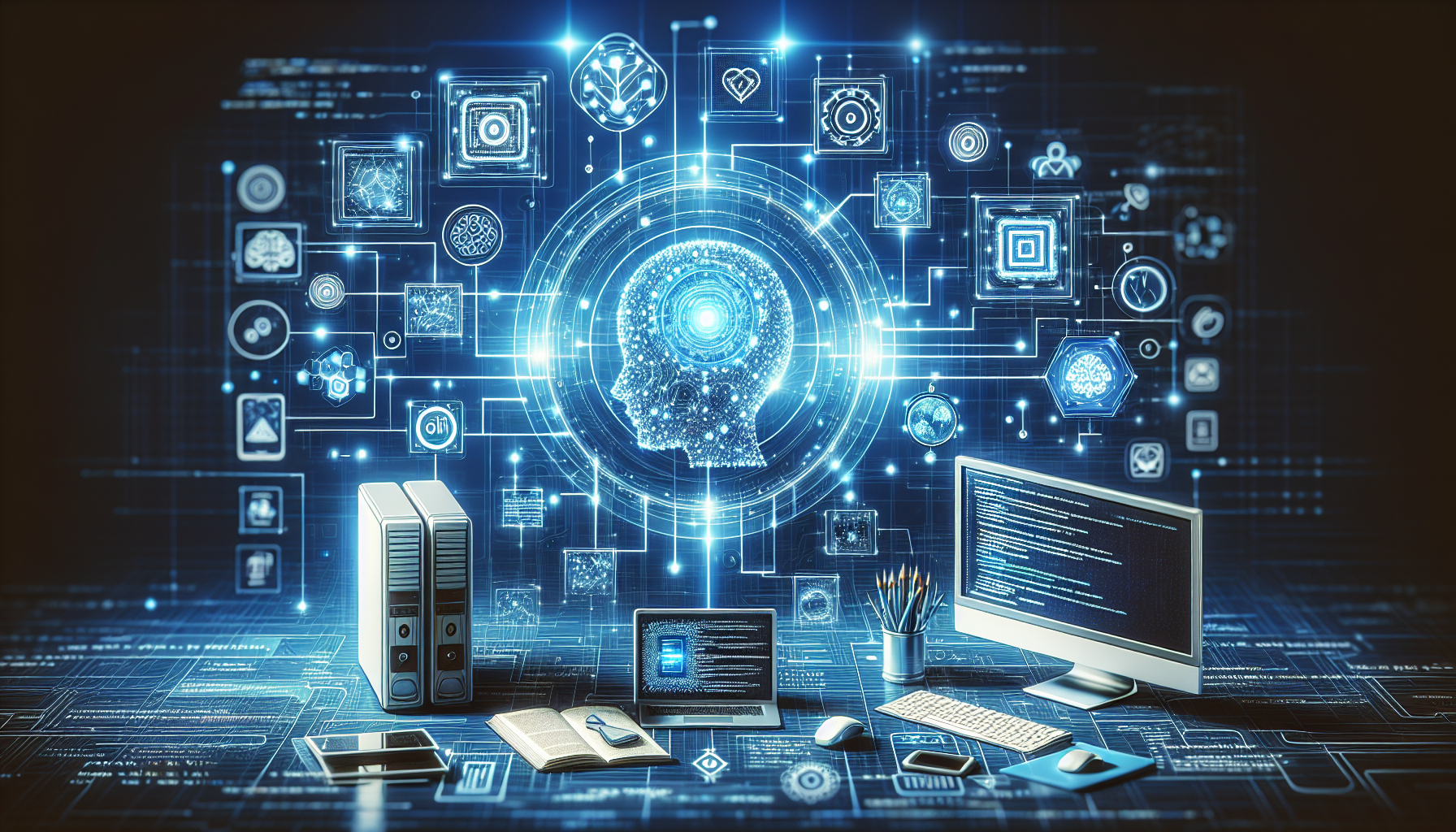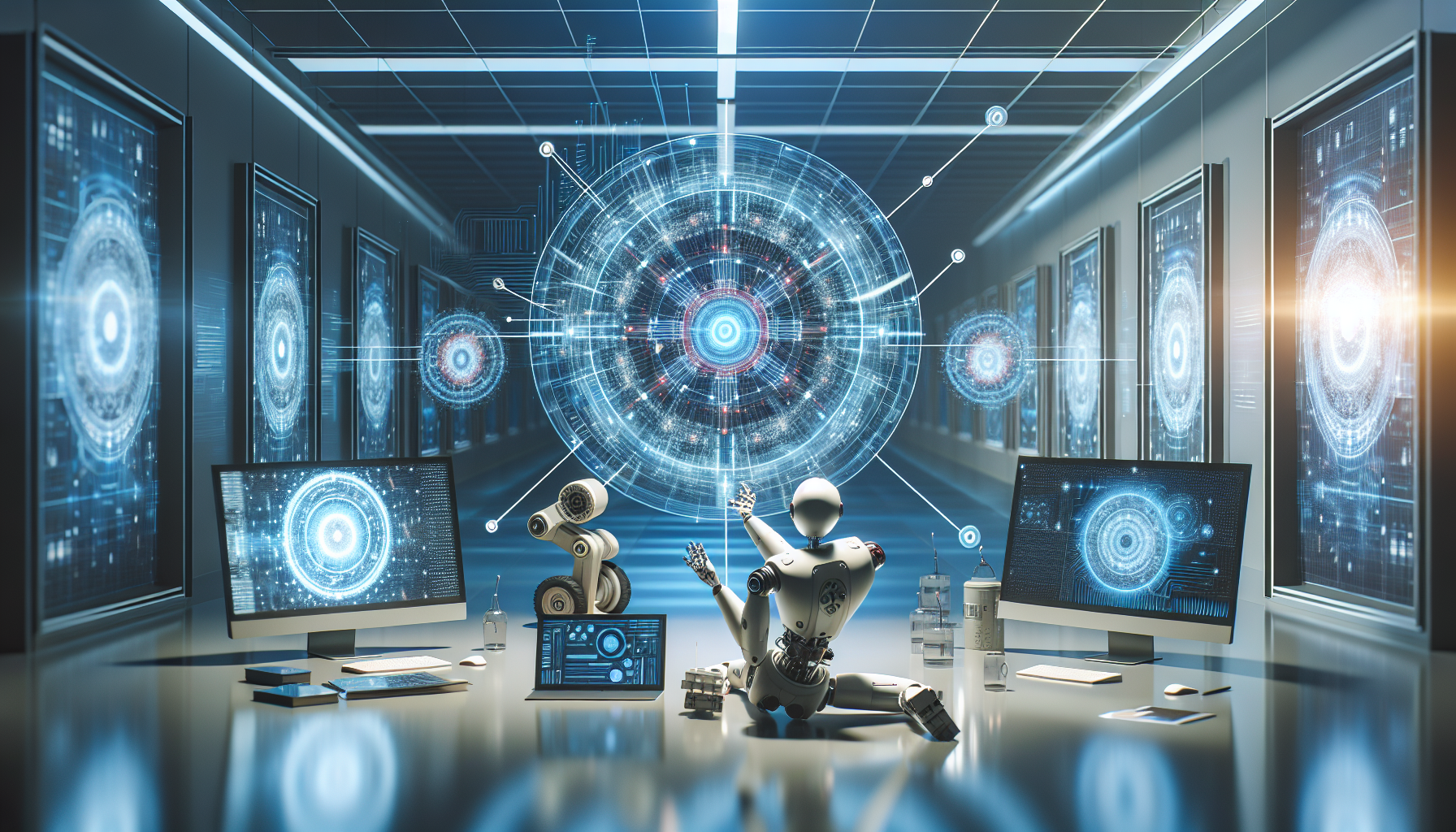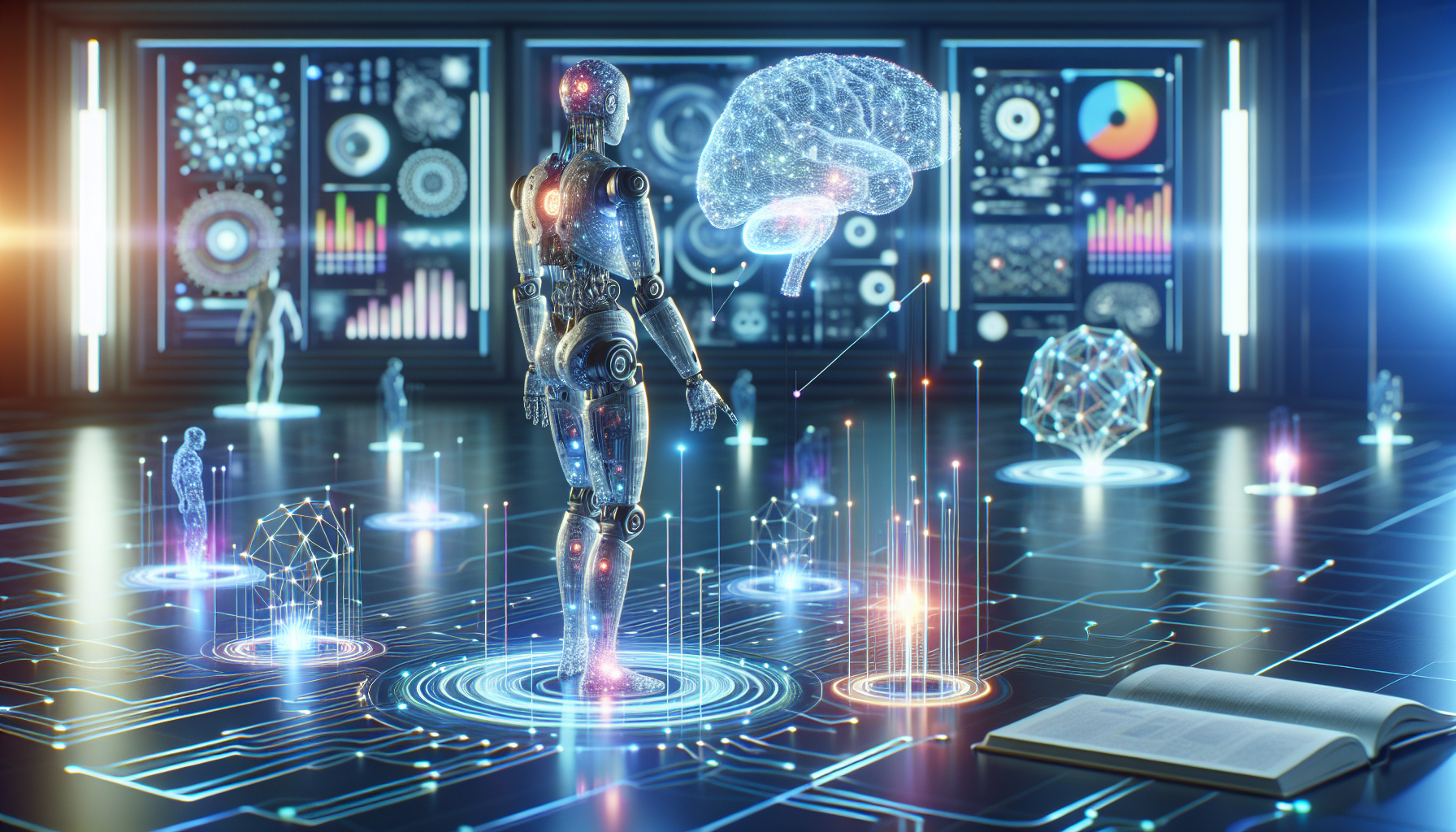
AI in Entertainment: A How-to Guide for Navigating the New Media and Gaming Frontier
July 29, 2025
Artificial Intelligence (AI) has long been a transformative force across varied industries, and its influence within the realms of media and gaming is particularly profound. The integration of AI into entertainment isn't merely an evolution; it is a redefinition of how content is created, distributed, and consumed. This guide explores how AI is reshaping these sectors and offers insights into harnessing its potential.
To appreciate AI's impact on entertainment, one must first understand its role in content creation. In media, AI algorithms have become indispensable tools for generating ideas and even developing scripts. These technologies analyze vast amounts of data to identify patterns and trends, offering content creators a wealth of inspiration. For instance, AI can review audience preferences and recommend themes or narratives likely to resonate. This data-driven approach not only streamlines the creative process but also enhances the relevance of the content produced.
In gaming, AI's contribution is equally significant. Developers employ AI to craft more immersive and dynamic gaming experiences. Non-player characters (NPCs) are now more responsive, displaying complex behaviors that adapt to player actions. This adaptability is achieved through machine learning models that continuously refine NPC interactions, creating a more lifelike and engaging experience for players. Furthermore, AI-driven procedural generation allows for the creation of expansive, unpredictable game worlds, ensuring each player's journey is unique.
AI also plays a pivotal role in personalization within entertainment. Streaming platforms utilize AI algorithms to curate personalized content recommendations, tailoring viewing experiences to individual tastes. This customization extends to advertisements, where AI assesses user behavior to deliver more relevant and engaging promotions. Such personalization not only enhances user satisfaction but also increases viewer retention, a critical metric for streaming services.
In gaming, personalization is achieved through adaptive difficulty levels, which adjust based on a player's skill and performance. By analyzing gameplay data, AI systems can create a balanced challenge that maintains player interest without causing frustration. This dynamic adjustment ensures a more inclusive experience, catering to both novice and seasoned gamers.
Moreover, AI's influence extends to the realm of virtual and augmented reality (VR/AR). These technologies, powered by AI, are revolutionizing how audiences engage with media. AI enhances VR/AR experiences by providing real-time feedback and adjustments, creating seamless and immersive environments. In gaming, AI enables more realistic and interactive virtual worlds, while in media, it offers innovative storytelling possibilities that transcend traditional formats.
Despite these advancements, the integration of AI in entertainment does present challenges. Ethical considerations, such as data privacy and the potential for algorithmic bias, must be addressed. As AI systems rely heavily on data, ensuring this data is handled responsibly is paramount. Additionally, content creators must remain vigilant against the homogenization of media, where AI-driven trends could overshadow unique voices and narratives.
In navigating these challenges, stakeholders in the media and gaming industries can adopt best practices to leverage AI effectively. Collaboration between AI specialists and creative professionals is essential, fostering an environment where technology enhances rather than replaces human ingenuity. Continuous learning and adaptation are also crucial, as AI technologies evolve rapidly, necessitating ongoing education and skill development.
The potential of AI in entertainment is vast, yet it is only beginning to be realized. As these technologies advance, the boundaries of creativity and immersion will continue to expand, offering unprecedented opportunities for both creators and consumers. How will AI further redefine the media and gaming landscapes, and what unforeseen possibilities might emerge? As we stand at the threshold of this new frontier, these questions invite us to explore the limitless potential of AI-driven entertainment.


